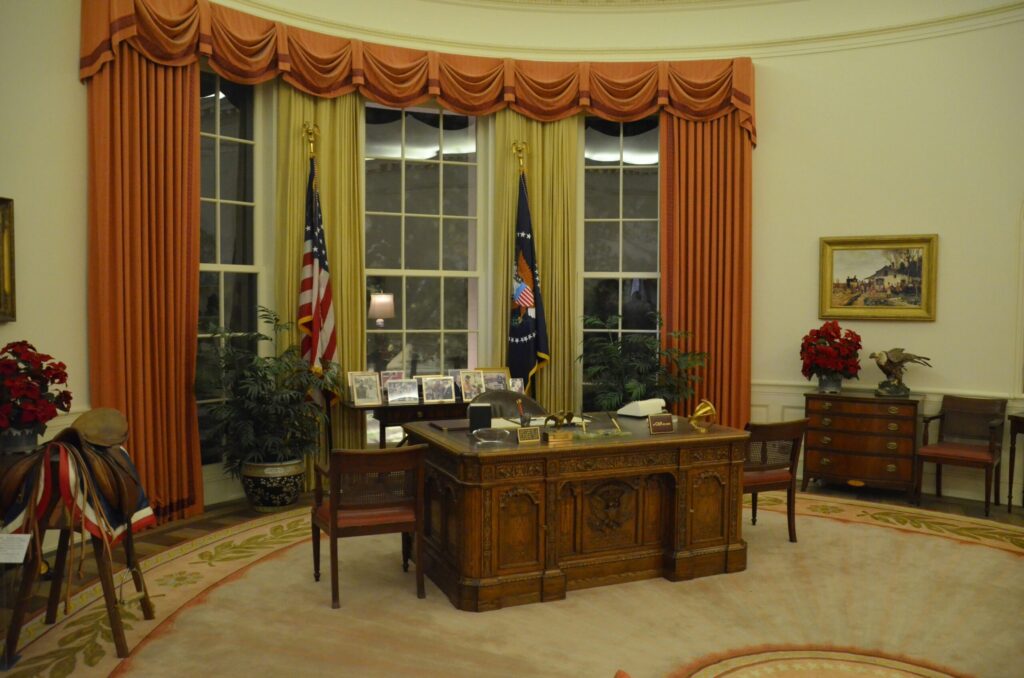The 119th United States Congress officially convened today at 12 p.m. EST, marking the beginning of the legislative session following the close of the 118th Congress. This opening day was particularly significant due to the leadership uncertainties that played out within both chambers of the legislative body, setting the tone for what is expected to be a contentious year ahead.
In the House of Representatives, Speaker Mike Johnson of Louisiana, who assumed the position in late 2024, found himself in a precarious position. Despite a formal endorsement from former President Donald Trump, Johnson faced notable opposition from the conservative Freedom Caucus, a faction within his own party. The initial vote results were a source of confusion and concern, as discrepancies in the voting procedure created uncertainty about the final outcome. However, after a series of strategic votes, Johnson managed to secure re-election as Speaker, with several members of the House shifting their votes in his favor. While the vote was ultimately in his favor, the tensions surrounding the process highlighted the growing rifts within the Republican Party and the struggles for unity among its members.
While Johnson’s re-election signals continuity in House leadership for now, it also underscores the ongoing challenges that Republicans may face in managing internal divisions. The Freedom Caucus’ vocal opposition to Johnson, along with the narrow margins by which he was re-elected, foreshadow possible friction throughout the coming year as the House attempts to pass legislation on key issues, including federal spending, economic policy, and national security.
Meanwhile, the Senate saw its leadership transition smoothly. Senator John Thune of South Dakota was elected as Majority Leader, a role that promises stability and continuity in the upper chamber. Thune, a seasoned legislator, brings years of experience to the leadership position, positioning him to navigate the Senate through what are expected to be a series of complex and divisive legislative issues. His appointment marks a crucial shift in the Senate following the midterm elections, where control of the chamber flipped, and Democrats lost their grip on the majority.
Despite the tensions in the House, the Senate session moved forward without significant disruptions, signaling a relatively calm start to their legislative agenda. However, the uncertainty in the House leadership suggests that both chambers may face substantial hurdles in achieving bipartisan cooperation, particularly on contentious issues like healthcare reform, immigration policy, and the federal budget.
As the 119th Congress begins its work, the early signs of leadership challenges in the House, coupled with a more stable Senate, suggest that lawmakers will have to navigate a complex political landscape in order to pass meaningful legislation. With a divided Congress, the upcoming year promises to be filled with contentious debates and difficult negotiations.


